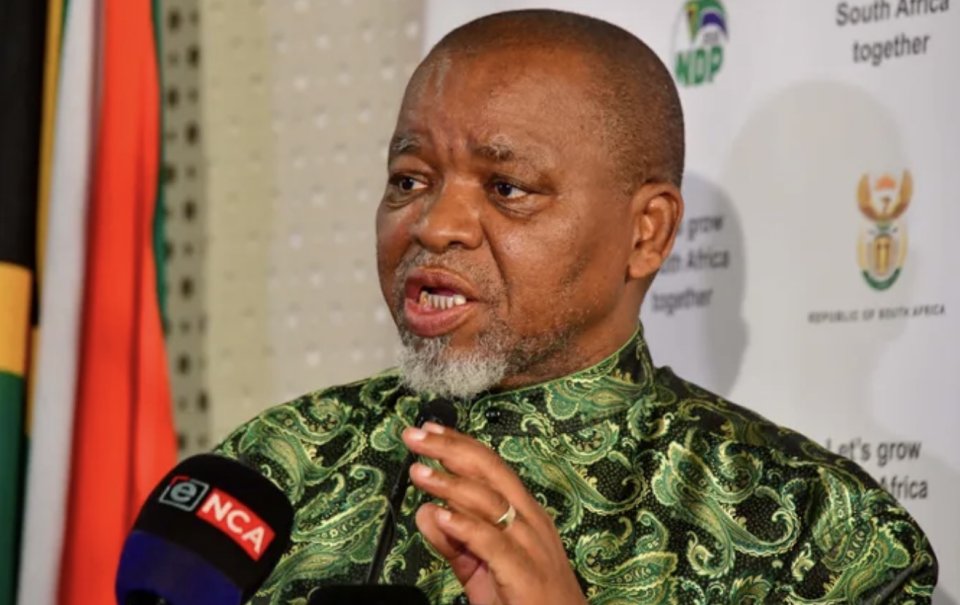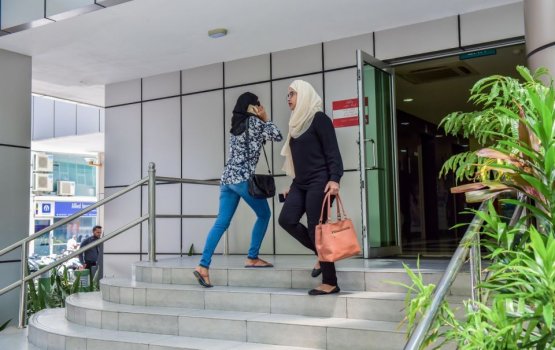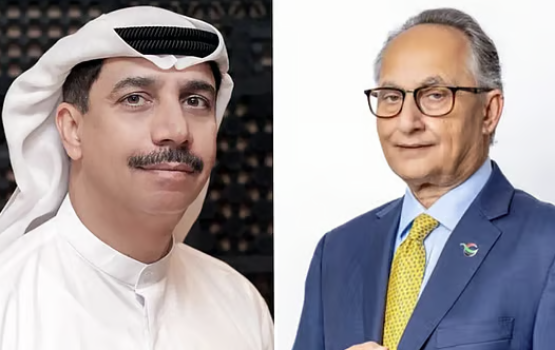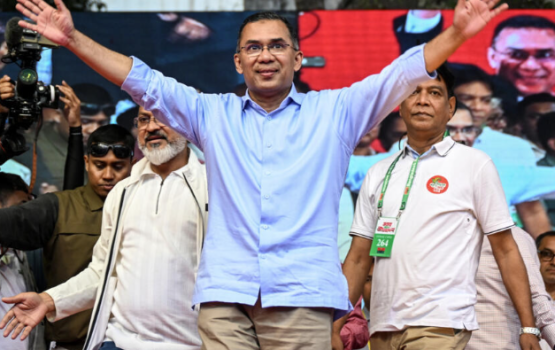The evolving global geopolitical landscape and the race to secure Africa’s critical minerals have exposed contrasting approaches to how these valuable resources can be transformed into strategic leverage for the continent.
In a rapidly shifting multipolar world, critical raw materials have emerged as a new form of power currency. African nations—rich in these essential resources—are now in a position to negotiate fair and mutually beneficial partnerships that drive sustainable development, industrialisation, and long-term stability.
At the 20th CII India–Africa Business Conclave, Sevala Naik Mude, Additional Secretary at India’s Ministry of External Affairs, underscored the growing importance of India–Africa collaboration in promoting a sustainable future through the responsible use of critical minerals.
Recognising Africa’s immense reserves—key to the global clean energy transition—Mude emphasised that these resources “belong first and foremost to Africa,” reaffirming India’s collaborative rather than extractive approach.
Speaking during a session on Harnessing Critical Minerals for a Sustainable Future, Mude highlighted the significant evolution of India–Africa relations over the past two decades, which now extend far beyond trade.
“Over the years, India–Africa relations have achieved several milestones. Our trade, which stood at around 30–35 billion dollars in 2010–11, has now surpassed 100 billion dollars—a remarkable achievement reflecting the determination and enterprise of business communities on both sides,” he said.India is now the fifth-largest investor in Africa, with total investments exceeding $80 billion across diverse sectors including manufacturing, services, and value-added industries—not just mining. Indian enterprises, he noted, are creating local jobs and supporting sustainable growth in countries such as Nigeria, Mozambique, Morocco, Tunisia, and South Africa.
Mude stressed that the real potential lies in joint exploration, production, and value addition within Africa itself, rather than relying solely on raw mineral exports.
“Simply extracting and exporting minerals is not enough. Sustainable development requires transforming Africa’s mineral wealth into industrial strength—ensuring inclusive prosperity,” he added.India has taken concrete measures to support this vision, including extending preferential market access for African exports through the Duty-Free Tariff Preference Scheme. Mude further called for greater emphasis on joint ventures, local processing, and manufacturing collaborations that generate long-term value.
Human capital development—through training, capacity building, and technical cooperation—was also highlighted as a critical pillar of these partnerships.
“By sharing best practices, aligning policies, building industries, and developing skills, India and Africa can harness critical minerals not just for economic benefit, but for a sustainable and inclusive future,” Mude affirmed.Echoing similar sentiments, Gwede Mantashe, South Africa’s Minister of Mineral and Petroleum Resources, speaking at the G20 Critical Minerals Stakeholder Engagement, pointed out that resource-rich nations often lose value by exporting raw materials without processing them locally.
“In doing so, we also export the jobs and profits that should rightfully benefit our people, perpetuating poverty and inequality,” Mantashe said.He noted that despite Africa’s long history of mining, challenges such as underdeveloped infrastructure, limited investment in processing, and unequal access to downstream benefits persist due to the concentration of supply chains in a few industrialised economies.
Mantashe called for solidarity, equality, and sustainability in managing critical minerals—balancing ambition with pragmatism and ensuring cooperation remains voluntary, inclusive, and context-sensitive.
Meanwhile, the G20 Think Tank has cautioned that while Critical Energy Transition Minerals (CETMs) are vital for clean energy technologies, their extraction and processing carry significant environmental, social, and governance risks, disproportionately affecting local communities in the Global South.
Ultimately, the consensus emerging from both forums is clear: Africa’s critical minerals must benefit Africa first—by creating local value, developing industries, generating employment, and advancing inclusive socioeconomic growth across the continent. (Source: IOL)







